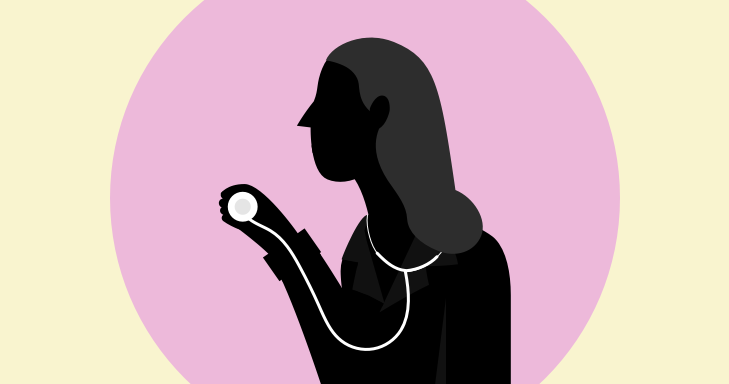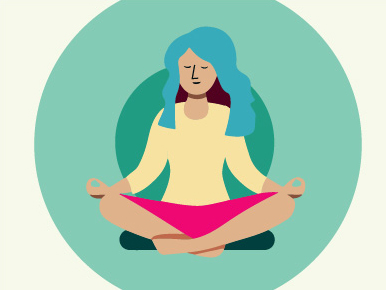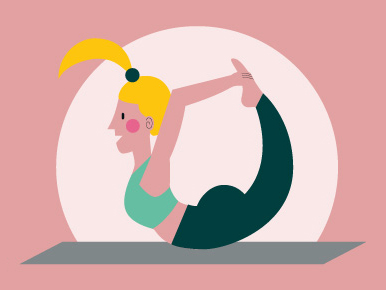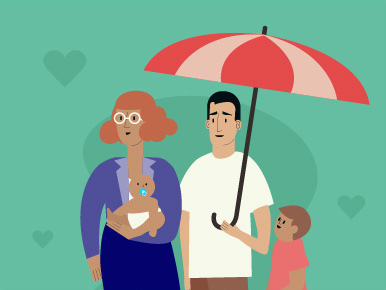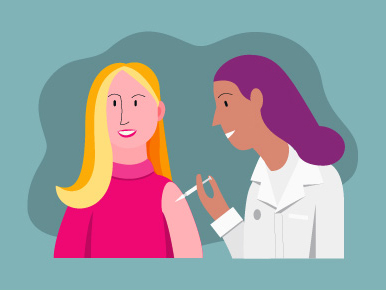As the saying goes, ‘prevention is the best medicine’, and advances in medical technology are making a huge difference to people’s lives. If you’re a woman, here’s a handy list of checks and screenings to help you keep your health in tip-top shape.
Heart health
Heart disease is often considered a ‘man’s disease’, but it’s also a leading cause of death in New Zealand women. Each year, 3,000 Kiwi women pass away because of it, and there are currently 65,000 women living with heart disease across the country (source: Heartfoundation.org.nz).
The good news is that there are steps you can take to reduce your risk. For example, some experts recommend getting heart health checks every two years if you’re aged 45 and over.
Like to learn more? Check out the Heart Foundation’s website and discuss your circumstances with your GP. Your doctor will check your blood pressure, blood sugar and cholesterol level, as well as discuss your medical and family history.
Diabetes
Data shows that diabetes is one of the largest and fastest-growing health issues in New Zealand. According to Diabetes NZ, the number of Kiwis with type 2 diabetes is expected to increase by 70-90% in 20 years, including among younger people. Once again, it’s worth discussing your own risk with your GP.
On top of this, women can also develop gestational diabetes. Although in some cases this condition resolves after pregnancy, for others it can even return as type 2 diabetes years later. What causes it is largely unknown, but experts believe that diet, lifestyle, and genetics play a role.
Cervical screening
In New Zealand, about 150 women are diagnosed with cervical cancer each year. Prevention is key: according to the Cancer Society NZ, a regular smear test can reduce the chances of getting cervical cancer by 90% through early detection. Thanks to the National Cervical Screening Programme, women in New Zealand can get three-yearly screenings done from age 25 to 69 – find out more here.
Breast health
Unfortunately, breast cancer is the most common cancer affecting women in New Zealand, with one in nine Kiwi women being affected over their lifetime. Once again, timely screenings can make a big difference.
If you’re aged between 45 and 69 years, you may be eligible to get a free mammogram (breast checks) every two years, as part of BreastScreen Aotearoa – click here to learn more.
Bowel health
Bowel cancer is common amongst men and women alike, and early detection helps in 90% of cases. Here in New Zealand, we’re lucky enough to have a national screening programme for that as well. If eligible, you will be invited to join the programme around the time you turn 60, and then you will receive a test kit every two years until age 74.
Of course, you don’t have to wait until old age to get checked. It all starts with awareness of the symptoms: if you’re experiencing any of these, or you’re concerned about your bowel health, make sure you see your GP right away.
Bone density
Osteoporosis is a weakening of the bones: as we age, new bone formation slows, and bones get more fragile. In women, loss of estrogen at menopause helps accelerate bone loss. So, women tend to be at higher risk for osteoporosis than men: according to Osteoporosis New Zealand, two-thirds of hip fractures worldwide happen in females, and one-third in males.
If you have any risk factors (for example, you’re aged over 50 or have reached menopause), it can be a good idea to discuss your bone health with your GP: they may prescribe a bone density test.
Eye health
Did you know that about 90% of all vision loss can be prevented or treated if detected early? Health Navigator has some helpful tips here.
As we age, eye health and vision tends to deteriorate. So, it’s important to make time for a health check at least every two years. If you have health cover, your insurer may offer discounted or free health checks as part of your membership. Make sure you check your policy or get in touch with us to know what benefits you may have
Dental checks
Good dental health isn’t just about having a great smile: it’s essential for overall health and well-being – including heart health.
According to WomensHealth.gov, women’s changing hormone levels at different stages of life can affect their oral health causing inflammation. By brushing twice a day, flossing regularly, and having at least annual dental check-ups, you can keep teeth and gums in good shape.
Skin checks
Last, but certainly not the least, keep your skin health top-of-mind. Most of us like to enjoy the sun on the beach – especially after spending a lot of time indoors during the colder months. But as Kiwis, we also know that too much sun has its own hazards, namely ultraviolet rays.
Make sure you check your risk regularly for any changes and have a full skin check with your GP if you have any concerns. Remember: most skin cancers are preventable – click here for some handy ‘sun smarts’.
Looking for health cover?
Here at LifeDirect, we’re all about helping Kiwis protect their personal and financial well-being.
Looking for the right health cover for your needs? Our quote compare tool is a great place to start, and if you have any questions, you can talk to our friendly insurance advisers. Give us a call on?0800 800 400, start a Live Chat or?fill in our contact form?to contact us.
Disclaimer: Please note that the content provided in this article is intended as an overview and as general information only. While care is taken to ensure accuracy and reliability, the information provided is subject to continuous change and may not reflect current developments or address your situation. Before making any decisions based on the information provided in this article, please use your discretion and seek independent guidance.

